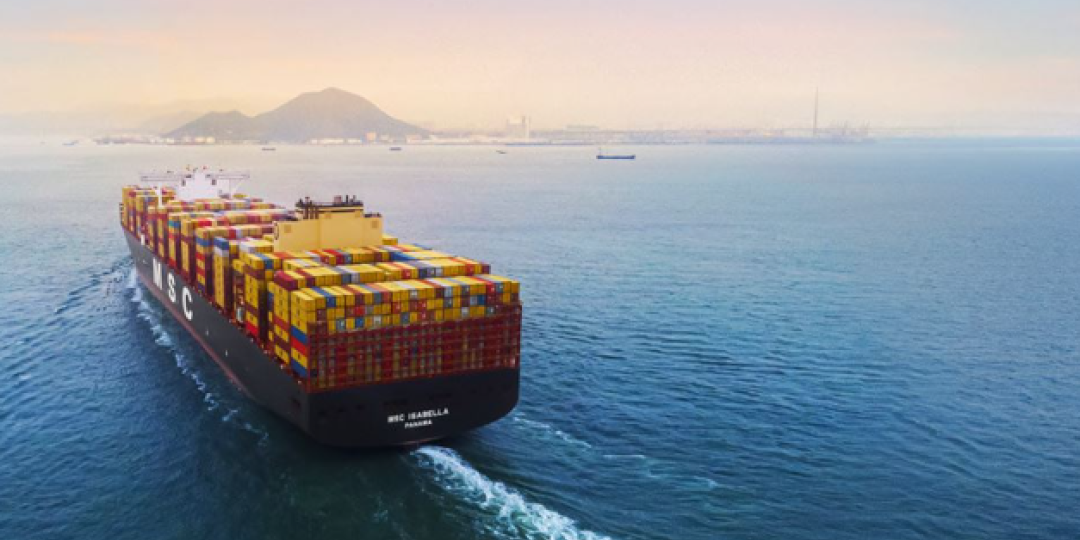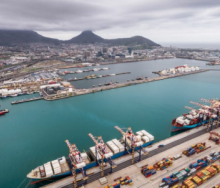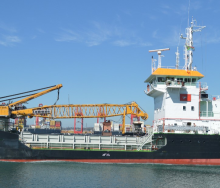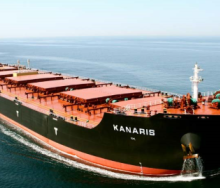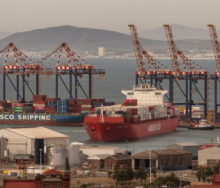Mediterranean Shipping Company (MSC) has entered another shipbuilding contract for ten containerships valued at over one billion US dollars.
The shipping line, which controls almost 20% of the global market share based on capacity, is also growing its investment in liquified natural gas (LNG).
China’s Zhoushan Changhong International Shipyard has reported that it received an order for 10 new LNG-fuelled container ships, linked to China International Marine Containers (CIMC) that MSC will operate.
The order is for versatile midsize 984-foot ships with a 10 300 TEU capacity, including 1 900 reefers.
The ship sizes will give MSC greater operating range, enabling access to the Black Sea through the Dardanelles and Bosphorus Strait, which the line’s newest class of vessels cannot reach.
The order will also grow MSC’s number of LNG-fuelled vessels.
Analysts estimated that the company had a total of 30 LNG-fuelled vessels on order when it took delivery of its first dual-fuel LNG vessel, the MSC Washington, in March 2022. However, this number is believed to have doubled since then.
The same shipyard also received an order for 10 LNG-fuelled ships with a capacity of 11 500 TEU from MSC in early 2023.
CIMC Ocean Engineering Design and Research Institute is developing the designs for the new vessels which will be adaptable for the future use of ammonia or methanol as a primary fuel.
Other shipping lines, notably Maersk and CMA CGM, are moving toward methanol as the emerging alternative fuel.
MSC is participating in research to develop future alternative fuels, including a project with China State Shipbuilding Company’s Shanghai Merchant Ship Design and Research Institute, MAN Energy Solutions, and Lloyd’s Register which is focusing on the design of ammonia-fuelled containerships.
The line also signed a five-year agreement to provide ships and funding for pilot projects trialled by Singapore’s Global Centre for Maritime Decarbonization.
MSC’s capacity now surpasses 5.2 million TEU.
Alphaliner calculates that the line’s total order book stands at 126 ships with a capacity of more than 1.55 million TEU.
It places MSC on a trajectory to surpass a total capacity of six million TEU by 2025.
